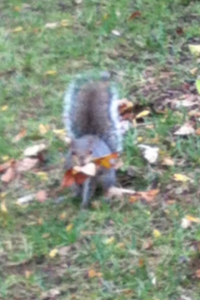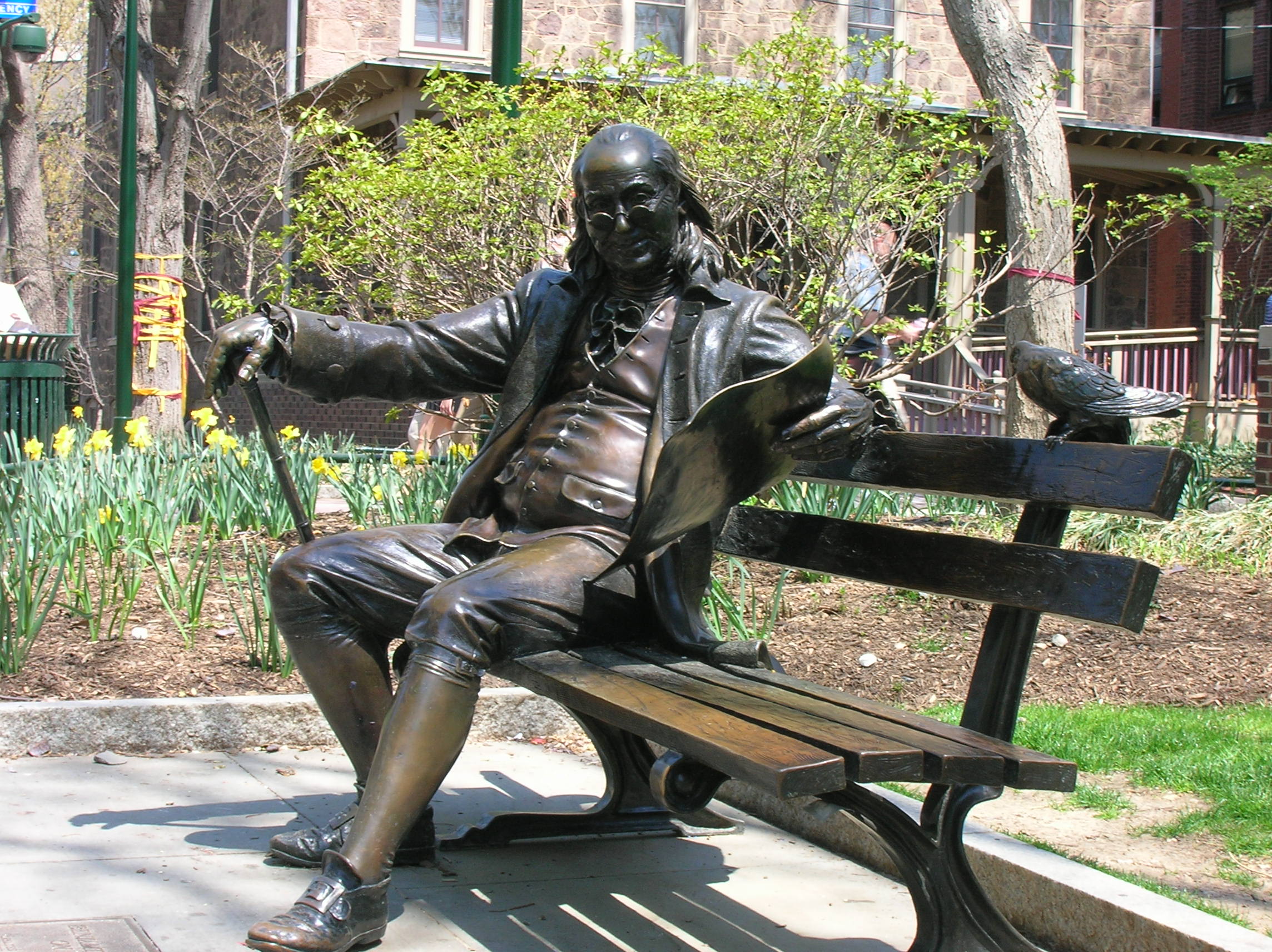Dr. Esther H. Ra, Career Advisor, Nursing, Education, & Social Policy & Practice
Often, I will meet with graduate students who are in one of two predicaments: 1) They are enrolled in a program here at Penn, but they find that they would like to career change after obtaining their master’s OR 2) they are an alum of Penn and would like to change gears to work in a different field, because the field they went into is not appealing to them anymore for a myriad of reasons. Conversations around these topics occur often in my office and I’m here to say, we here at Career Services are happy to help in these types of situations!
One important factor to remember when you would like to career change is that you DO have transferable skillsets. Often, I have students come in and say, “I’m not sure what I can do because I’ve only just been teaching up until now” or “I’ve only been a nurse for the past 7 years.” Working in any field requires a unique set of skillsets that may include, but not limited to leadership, management, organizational, and interpersonal skills. Often, Penn students and alums may overlook what they are capable of or what could be possible for them because they cannot envision that what they have been doing could be all that useful in another field.
The following skillsets could be useful or transferable to many fields:
Leadership: Do you lead projects, meetings, classrooms, and caseloads? Do you take the initiative to start something from the ground up at your workplace? Do you try to grow in your position to create new ideas?
Management: Do you excel at multi-tasking? Do you manage other employees and their work well? Do you act as a problem-solver and a leader on your team? Are you a self-starter and a critical thinker?
Organizational: Are you talented in organizing events, paperwork, or files? Are you good at the nitty gritty details at work? Do you prioritize responsibilities and delegate work as appropriate? Are you efficient with your time?
Interpersonal: Are you collaborative and a team player? Do you work well with others? Do you offer empathy and a collegial nature at work? Have you worked with diverse personalities and in various roles?
All of these skillsets are valuable and portable for many fields. An advisor in our office can work with you to emphasize such relevant skillsets on your resume and also highlight it in your cover letter. We can also advise you through a mock interview to highlight your transferable skills when asked behavioral questions.
Another resource here at Career Services that could of be of great help are the Penn 7 Career Competencies. This is a great checklist of competencies and or transferable skills valuable to whichever field you hope to enter. These competencies are helpful for all stages of a career and are great target points to expand on to become an asset to the workplace you hope to join. Mastering these competencies can help maximize your opportunities for career paths and strengthen your candidacy for many fields of work. If you have further questions regarding the Penn 7 Career Competencies and how to work on honing your transferable skills, please come in and make an appointment to speak with an advisor. We would love to help you.






